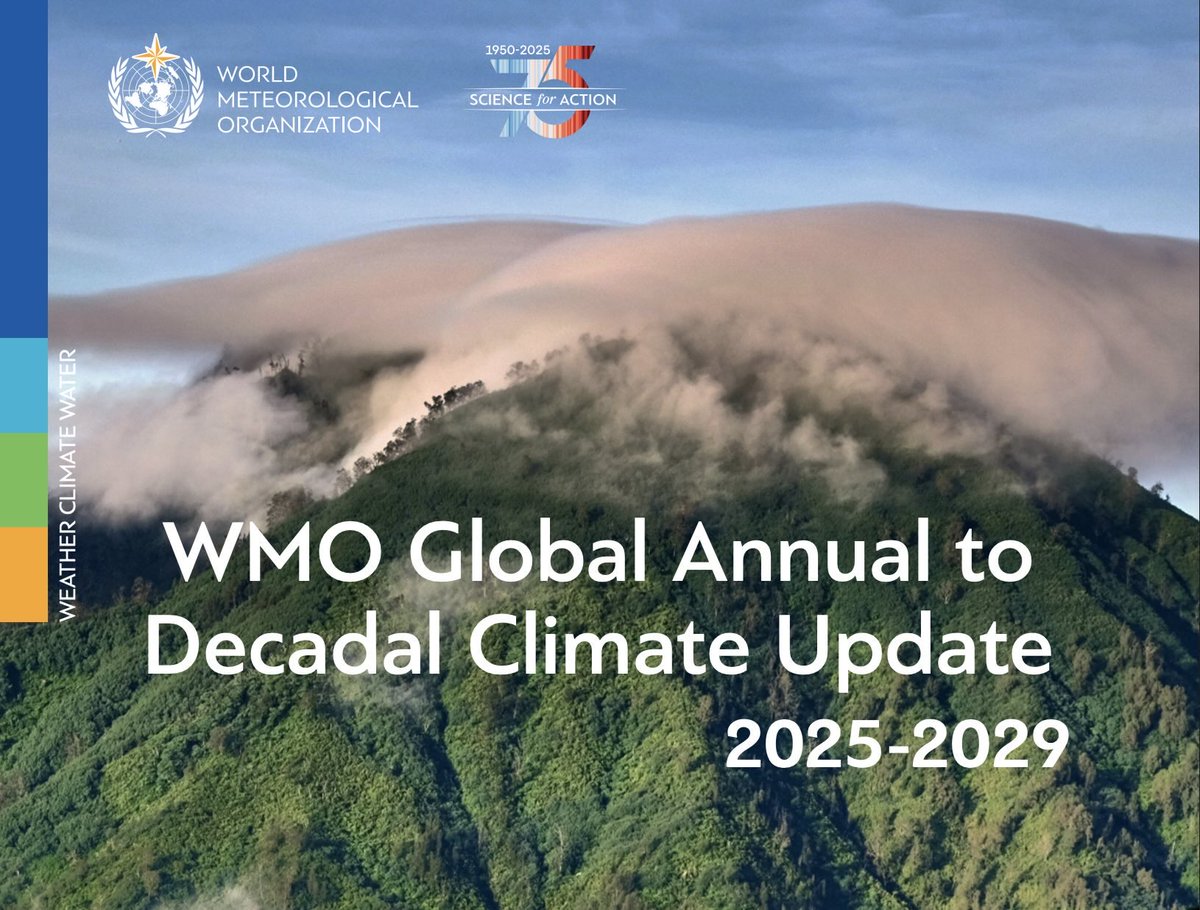
David Obura
@dobura
Also on davidobura on bluesky. fly there!!
ID: 196893896
http://www.cordioea.net 30-09-2010 04:16:48
4,4K Tweet
4,4K Followers
969 Following

BREAKING: Inger Andersen, Exec Dir of UN Environment Programme has designated Neville Ash (Director UNEP-WCMC) to serve as Officer-in-Charge of ipbes secretariat when Exec Sec Anne Larigauderie completes her term at end of April, until new Exec Sec appointed Welcome back Neville! #SciencePolicy






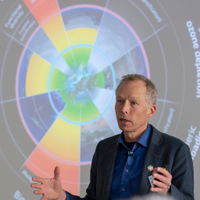

Explainer: Can the world ‘halt and reverse’ biodiversity loss by 2030? | Daisy Dunne w/ comment from Nathalie Pettorelli EJ Milner-Gulland David Obura #CBarchive Read here: bit.ly/41dLhoT



A very pertinent critique on #blueeconomy as #businessasusual. As has been charged for #sustainabledevelopment and the #SDGs. In the #policy & #science communities we must address this head on and ensure we are not culpable in delivering a #figleaf. news-mongabay-com.cdn.ampproject.org/c/s/news.monga…



Two-thirds of global warming since 1990 caused by world’s ‘wealthiest 10%’ | @ayeshatandon w/ comment from Sarah Schöngart Carl-Friedrich Schleussner Jakob Zscheischler Wim Thiery Read here ➡️ buff.ly/0Se78bM
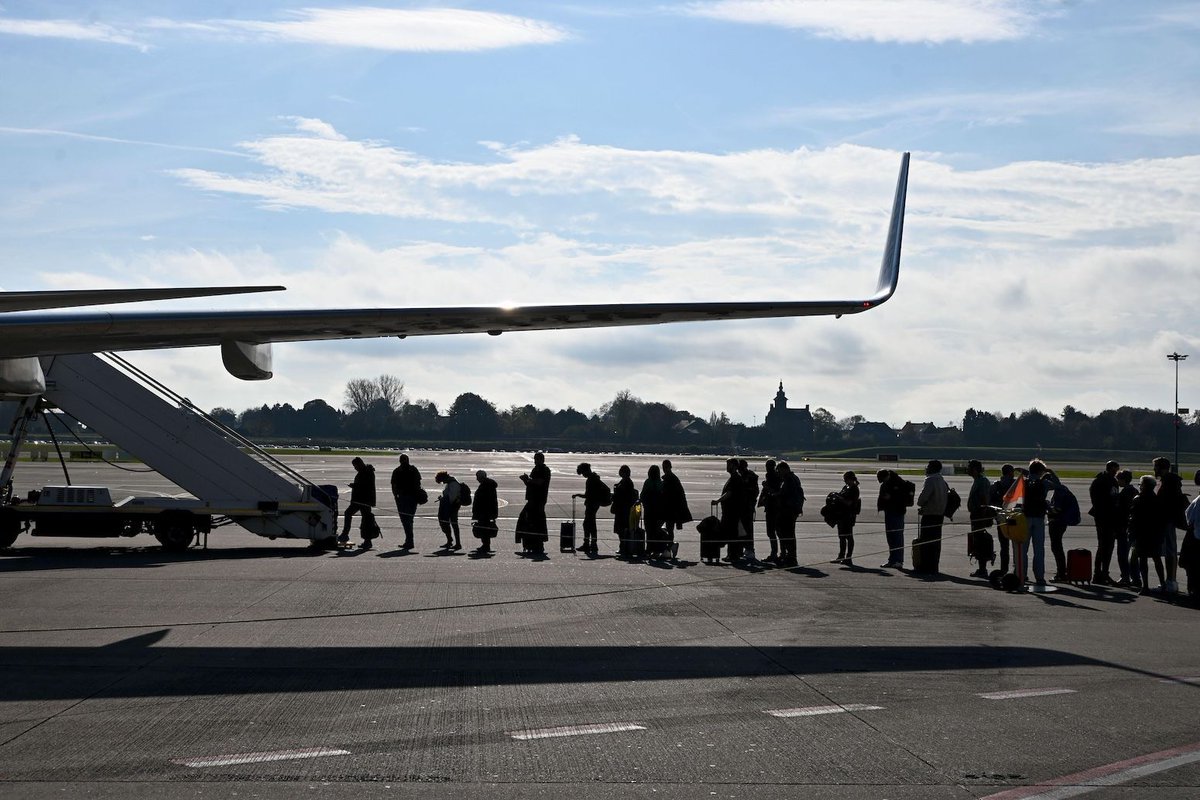


ipbes UN Biodiversity Astrid Schomaker Highlighting links bet. nature, climate & people, ipbes Chair David Obura stresses that the 13 assessments, esp. the latest two, offer critical insights for MEAs, govts & communities alike. "Action by all & for all" is essential to drive transformative change. #BiodiversityDay
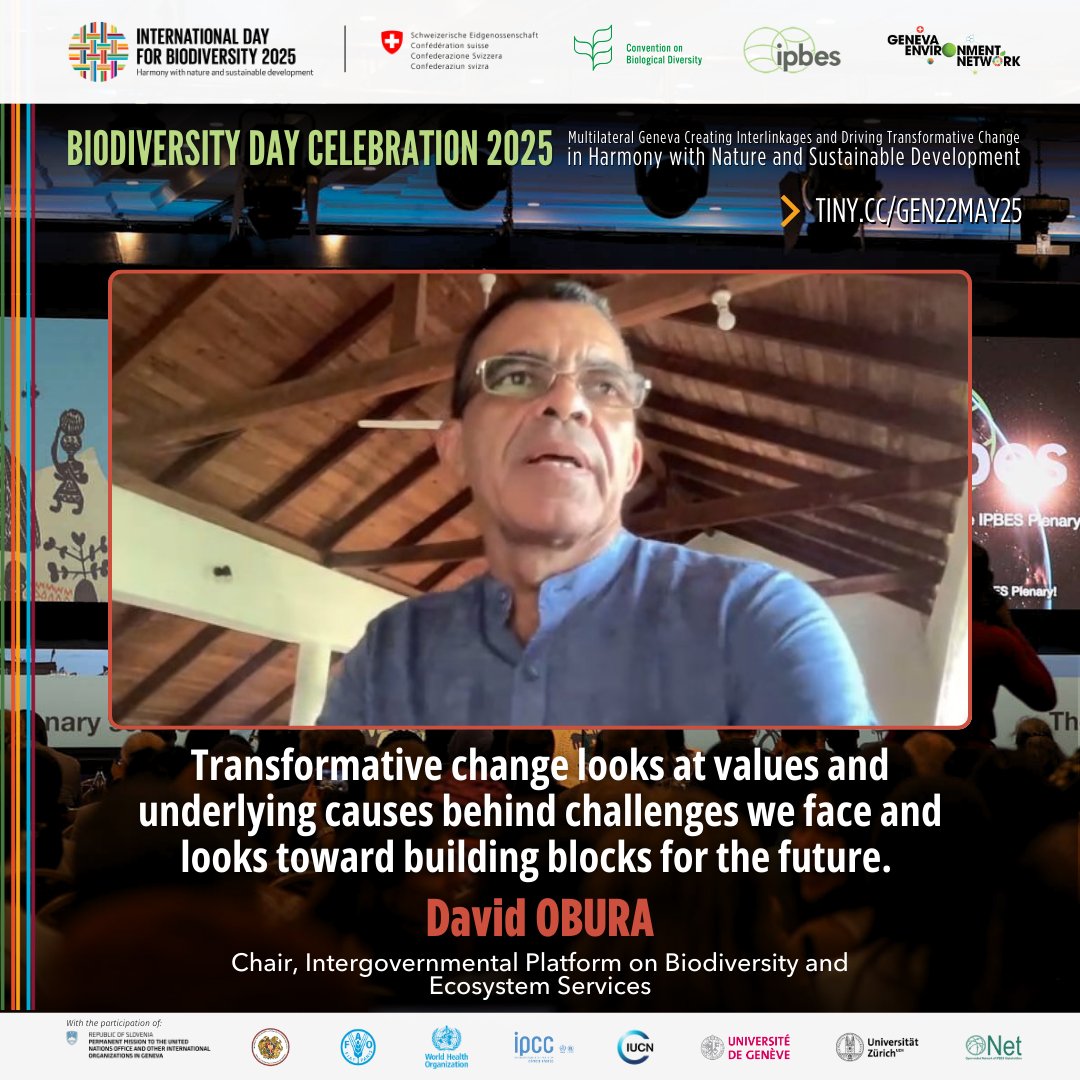

ipbes UN Biodiversity Astrid Schomaker David Obura Slovenia to UN Geneva University of Zurich Mialy Rann of UNIGE_en & Lead Author presents key messages from ipbes Transformative Change Assessment report, underscoring it can be enacted through: 🟢 Transforming Economic Paradigms 🟢 Changing Societal Views & Values 🟢 Inclusive collaboration across sectors & groups
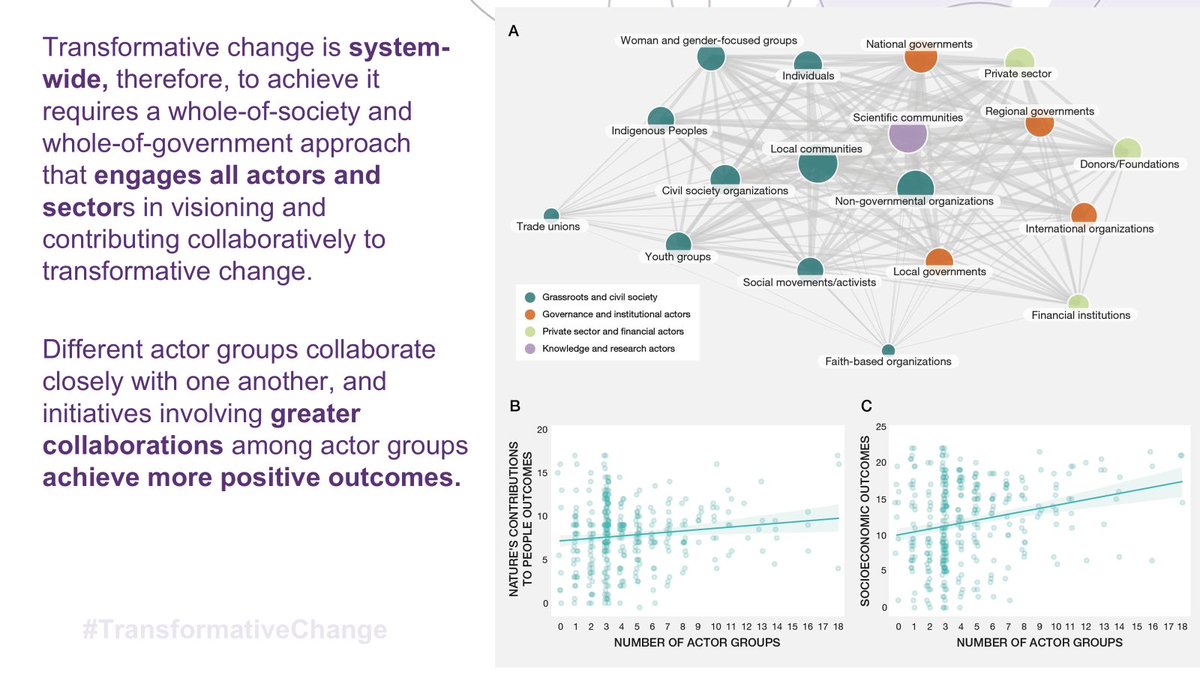


Warming is accelerating - the world needs transformed governance NOW "High chance - report released today by World Meteorological Organization says theres now a 70% chance average warming will rise by more than 1.5C between 2025 and 2029, with a strong possibility of a single year hitting 1.9C” The Observer
